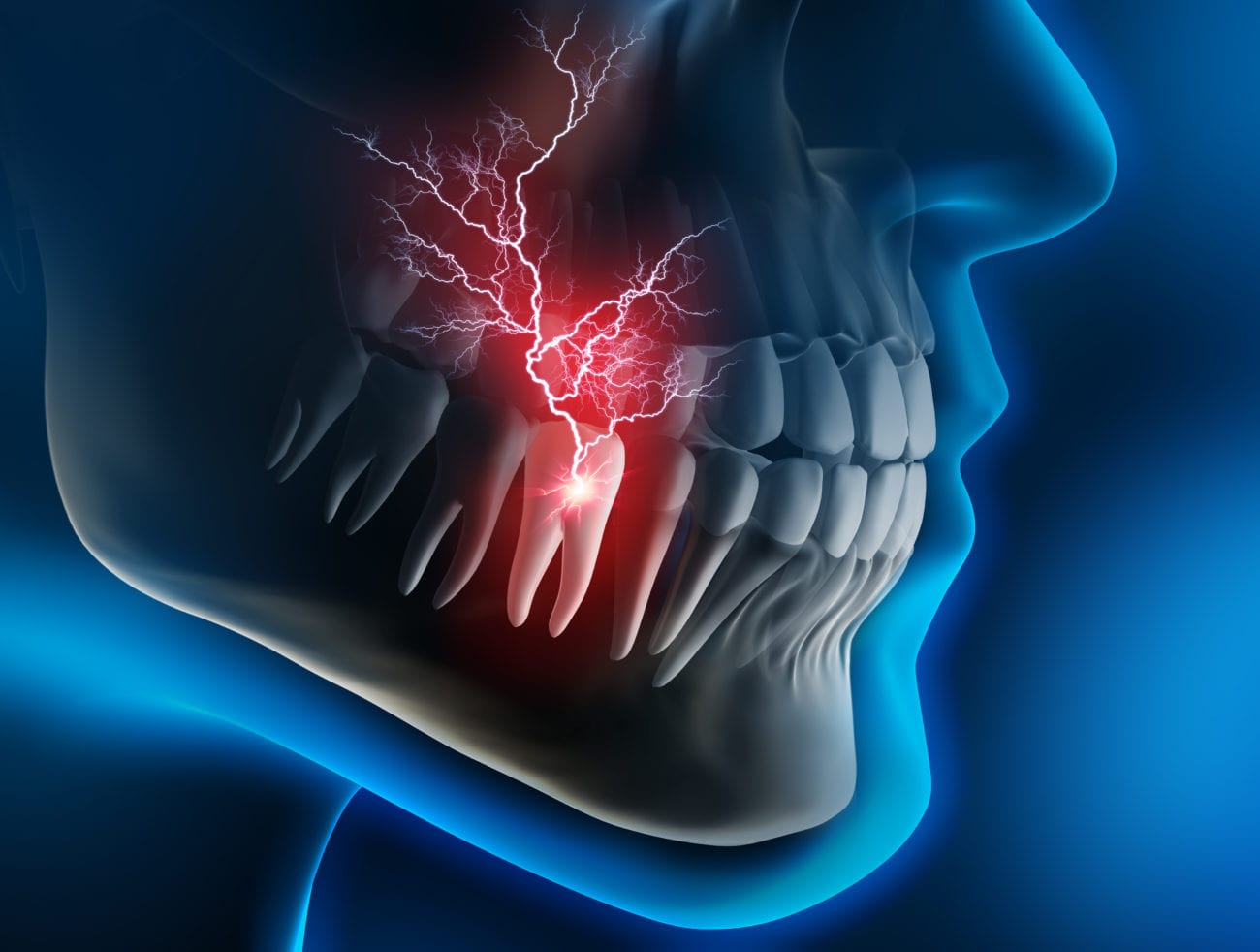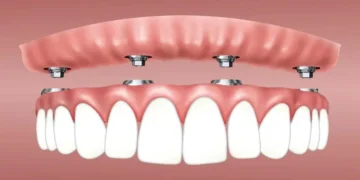Tooth pain, Are you experiencing it when you wake up in the morning? If yes, it can be an alarming situation that you might have a serious health-related issue. The issue can be a dental problem or any other health-related problem. In this blog, you will get to know about the most common reasons behind tooth pain and ways to deal with it. Also, know when you must seek dental treatment from your dentist. Let’s get started.
5 Reasons Behind Tooth Pain In the Morning
Tooth pain in the morning can occur due to many factors. Some of the key factors include:
- Teeth grinding or clenching: Several people, especially adults, have a subconscious habit of grinding their teeth or clenching their jaws at night. Teeth-grinding, also known as bruxism at night, may result in:
- Tooth pain
- Chronic stress
- Headache
- Earache
- Jaw pain
- Tooth damage
Though the exact cause is unknown, many people believe that sleep-related issues and stress are the key reasons for sleep bruxism. To deal with teeth grinding at night, it is advisable to wear a mouthguard at night. One can use an over-the-counter (OTC) mouthguard. If it’s uncomfortable, one can also get a customized mold from their dentist that fits best on the teeth’ surface. Besides, if you think that stress could be the reason for teeth grinding at night, you must look for effective ways that can help you to reduce your stress level.
- Sinus:A sinus infection can also be a key reason behind tooth pain in the morning. Sinus infection may result in the buildup of fluids during sleep while you’re lying down. This may put a lot of pressure on the nose and head. As sinuses are situated near the upper teeth, the resulting pressure may feel like tooth pain. A person suffering from a sinus infection may feel a sharp pain in his nose, head, as well as upper teeth. To find out whether you have a sinus infection or not, you must be aware of the common symptoms of sinus, which are:
- Stuffy or runny nose
- Severe headache
- Cough
- Not able to smell properly
- Fatigue
- Fever
To deal with a sinus infection, one can take an over-the-counter medicine that can help decrease the pain. If any of the symptoms continue, it is advisable to see a doctor immediately.
- Gum or periodontal disease:An excess buildup of plaque on the surface of the teeth may result in gum disease, also known as periodontal disease. A large amount of plaque on the teeth’ surface leads to tartar buildup that irritates the gum line. This further results in tooth pain or may even lead to tooth loss. Gingivitis is one of the most common gum problems. It is a condition where the gums become red and swollen and start to bleed when teeth are brushed. If ignored for long, common gum diseases may turn into periodontitis, a severe form of gum disease.
Moreover, gums also start to wear out with age, leaving teeth roots exposed to various infections. To reduce the chances of gum diseases and plaque buildup, it is advisable to brush your teeth daily, at least two times a day. Also, be sure to make regular dentist visits for teeth checkups.
- TMJ Disease: TMJ, also known as a temporomandibular joint disorder in which a person experiences irritation, pain, and inflammation in the temporomandibular joint. The temporomandibular joint is a joint that connects the jawbone to the skull on each side of a person’s face. It can further cause mild to severe pain in teeth, face, neck, and joints. Some of the common symptoms that can help to determine TMJ Disease include:
- Teeth hurting
- Jaw pain while eating or speaking
- Headache
- Pain in the face
- Ear pain
- Tightening or locking of the jaw
To deal with the pain of TMJ disease, one can try a cold compress method using ice cubes several times daily on the outside of their face for a few minutes.
- Tooth Decay or Cavities: Cavities are another most common reason behind tooth pain. If not treated on time, cavities can get deep inside the tooth’s inner layer, known as the pulp, and harm the blood vessels and nerves. This can further lead to sharp pain in the teeth at infrequent intervals, especially when you wake up in the morning. Some of the common symptoms of cavities or tooth decay include:
- Toothache
- Visible holes in the teeth
- Tooth sensitivity
- Mild to spiky pain while eating or drinking something hot or cold
- Stains on the tooth surface
To prevent cavities or tooth decay, it is advisable to use fluoride toothpaste after eating or drinking. Also, don’t forget to get professional teeth cleanings and regular oral checkups. Besides, eat food that is good for your teeth health.
These are some of the most common reasons that might cause teeth pain when you wake up in the morning. Following the right prevention measures can help to deal with such issues. However, if tooth pain remains as it is and makes you feel uncomfortable, you should immediately see a dentist. Conditions that may require dentist visit include:
- Severe tooth pain
- Sharp pain in gums
- Sinus infection
- Pain that doesn’t decrease even after practicing certain treatments
- Swelling in face
- Swelling or pusbuildup in gums
- High fever
If you notice any of the symptoms mentioned above, you must immediately fix an appointment with your dentist. A professional dentist can analyze the condition of your teeth and can provide the best dental treatment to stop or reduce teeth pain. Moreover, by analyzing the root cause of tooth pain, any risk related to oral health care can be controlled on time.


 Home
Home








